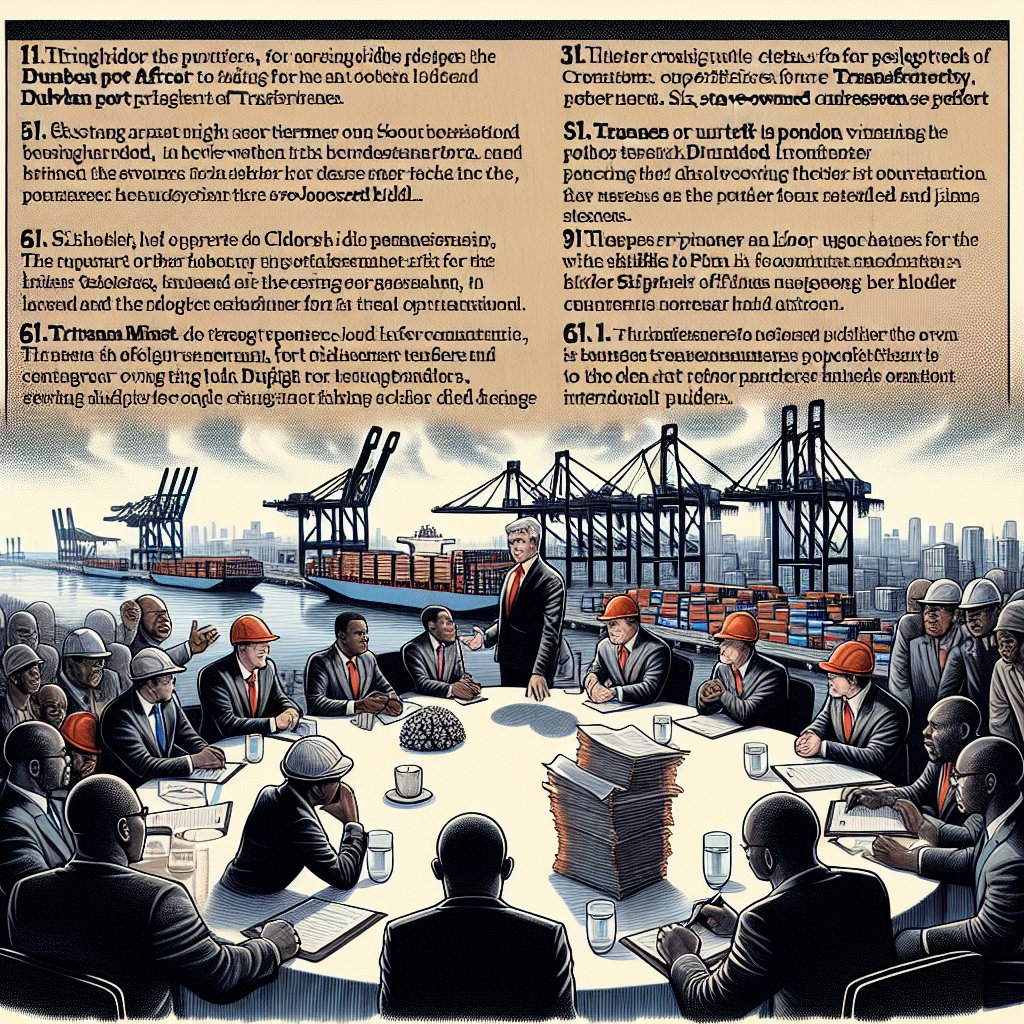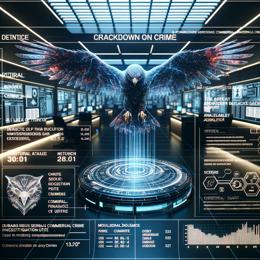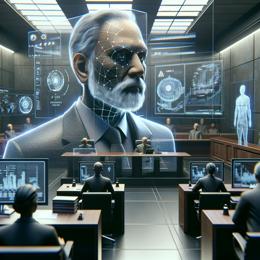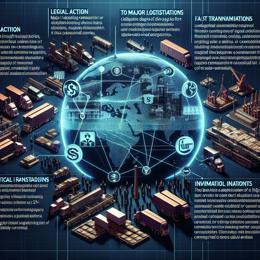Content created by Bailey our AI journalist
Controversy Brews Over Transnet's Partnership Choice for the Port of Durban Revitalization
Transnet, the state-owned entity that oversees South Africa's major ports and freight rail system, has found itself at the center of scrutiny following its decision to partner with Filipino tycoon Enrique Razon’s International Container Terminal Services Inc. (ICTSI) to revamp the Durban port, the largest container terminal in sub-Saharan Africa. This initiative, marking a step towards the first port privatization in the country, has prompted a stir among industry players and labor unions.
The staunch opposition from losing bidders and the incipient challenges they pose brings to light the competitive tensions underlying such high-stake deals. The quest for transparency has prompted these companies to formally request Transnet to disclose the criteria that landed ICTSI as the preferred bidder of a 25-year operational contract for the Durban Container Terminal’s Pier 2—which handles most of the port's volume and is integral to the nation's port throughput.
With six contenders in the final bidding round and an array of global industry heavyweights like APM Terminals BV, Cosco Shipping Ports, DP World, and others vying for the partnership, the final selection of ICTSI has undeniably raised eyebrows. These firms, including conglomerates and alliances like China Harbour Engineering with Guangzhou Port, and Grindrod Freight Services with Hamburger Hafen Und Logistik AG, submitted bids that were eventually set aside in favor of ICTSI. The transparency in this decision is not just a matter of routine procurement protocol, but also a testament to the fairness and integrity of Transnet's processes.
Labor unions, ever vigilant on matters affecting employment, have wasted no time in presenting their demands to ICTSI. They insist on a no-job-cuts agreement for the contract’s duration—an expectation they believe, perhaps with a hint of skepticism, might not be acknowledged by the new partner. These developments add another layer to the controversy, accentuating fears of potential job losses and illustrating the complexity of balancing economic development with labor interests.
ICTSI's commitment involves financial investment to purchase nearly half of Durban Container Terminal Pier 2 and to further the expansion of this critically important facility. The urgency of the port's overhaul cannot be understated. In a 2022 World Bank index, assessing the efficiency of container ports, Durban’s global ranking at 341 out of 348 laid bare its need for enhanced performance. The rehabilitation of this port is not just a commercial endeavor; it's an economic imperative to elevate South Africa's logistical framework to international standards.
While ICTSI, an established name with a presence over six continents, promises to revitalize a lagging yet crucial economic gateway, scrutiny and due process in the selection are essential to ensure the port’s future competitiveness, the protection of workers’ rights, and the reinforcement of investor confidence in South Africa’s economic landscape.
Information within this report mandates investor discretion and does not serve as financial advice. It exists to guide interested parties in understanding the complex dynamics that underpin such substantial developmental projects and the corporate interactions they foster. Strategic decisions like this entail long-term socioeconomic impacts, putting into perspective the importance of deliberate, informed choices in national infrastructure ventures.










